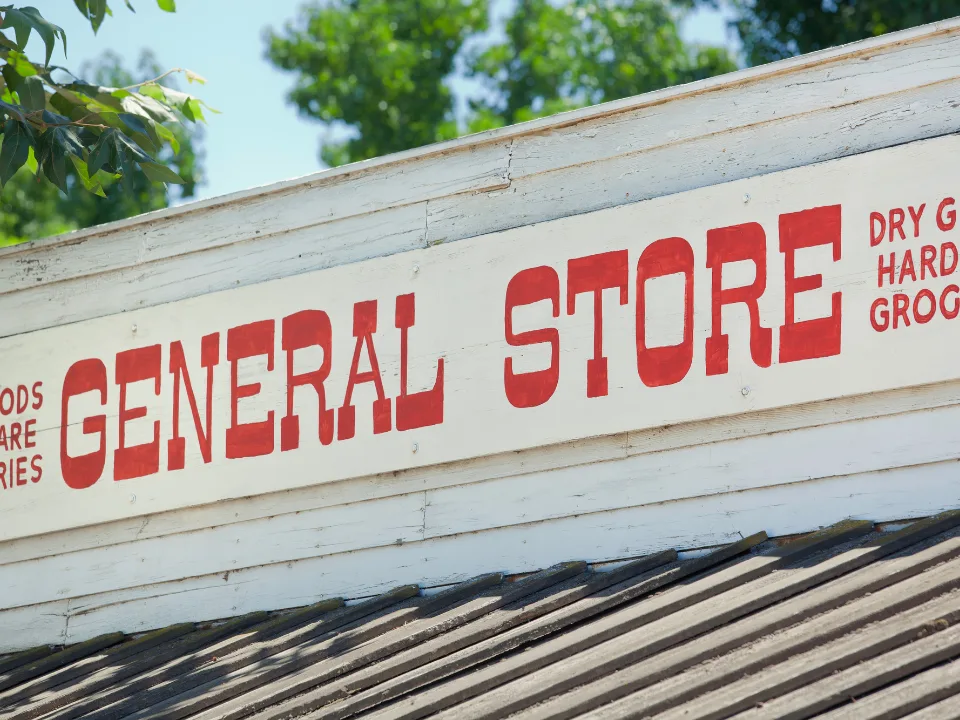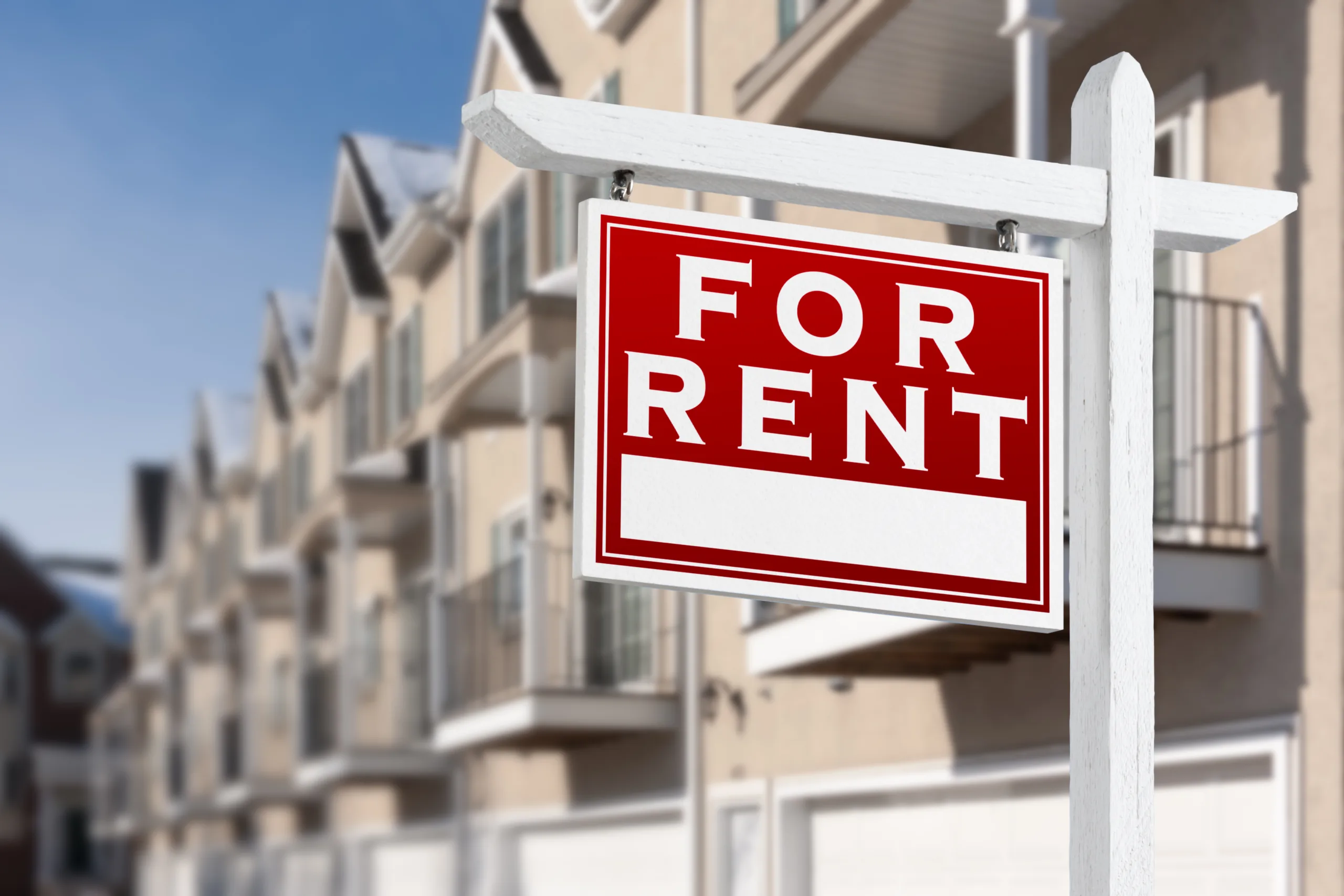- Dollar General has launched a pilot program adding fuel stations to 40 stores in Alabama and nearby states, signaling a strategic push to become a one-stop shop for rural communities.
- The move leverages the retailer’s large land parcels, transforming traditional stores into multi-use assets with expanded revenue potential.
- As rural customers face economic pressures, Dollar General’s fuel offering could increase foot traffic, basket size, and customer loyalty.
- For developers and investors, the hybrid model could shift how Dollar General sites are valued, traded, and developed moving forward.
A Hybrid Model Emerges
Dollar General is going beyond its dollar-store roots, as reported by GlobeSt. In its newest pilot initiative, the retailer is testing fuel stations at 40 locations across Alabama and the South. It’s not just a service expansion—it’s a pivot that positions Dollar General as a rural convenience hub, combining low-cost essentials with gas under one roof.
Retail Headwinds Prompt Innovation
Dollar General’s core customer base has been squeezed by inflation, stagnant wages, and fewer government benefits. Simultaneously, big-box rivals like Walmart are aggressively targeting value-conscious shoppers.
To adapt, Dollar General is betting that fuel—paired with its existing grocery and general merchandise offerings—can increase average spend per visit and enhance store-level performance.
Real Estate Opportunity In Rural America
Most Dollar General stores are built on larger parcels in rural areas, unlike space-constrained urban competitors. This gives the company the flexibility to add fuel pumps without incurring high redevelopment costs.
For real estate stakeholders, this development transforms these sites from simple retail outposts into mixed-use assets with broader income potential. The stores could now appeal to a wider range of tenants, investors, and customers, especially in markets underserved by full-service convenience and grocery stores.
Get Smarter about what matters in CRE
Stay ahead of trends in commercial real estate with CRE Daily – the free newsletter delivering everything you need to start your day in just 5-minutes
Fueling Loyalty And Traffic
The addition of gas also opens up new customer engagement opportunities. If integrated into the company’s digital ecosystem, fuel rewards could encourage frequent visits and deepen brand loyalty—potentially becoming the rural answer to Walmart+ or Amazon Prime.
What It Means For Developers And Investors
This shift could alter the landscape for commercial real estate in smaller markets. Key questions include:
- Will fuel become a standard feature in new store prototypes?
- How will this influence site selection, land acquisition, and development timelines?
- Could fuel offerings improve cap rates and long-term valuation of Dollar General-leased assets?
A Turning Point For Rural Retail
If successful, this pilot could mark a defining transformation—not just for Dollar General, but for rural commercial real estate at large. The retailer is venturing into a more resilient asset class, blending essential goods with fuel—a model that could attract more stable tenants and investor attention.
The real challenge now: execution. Dollar General must prove it can drive higher-margin in-store sales from fuel customers and replicate the model at scale.
Still, the message is clear: rural retail is evolving, and Dollar General wants to lead the way.


















